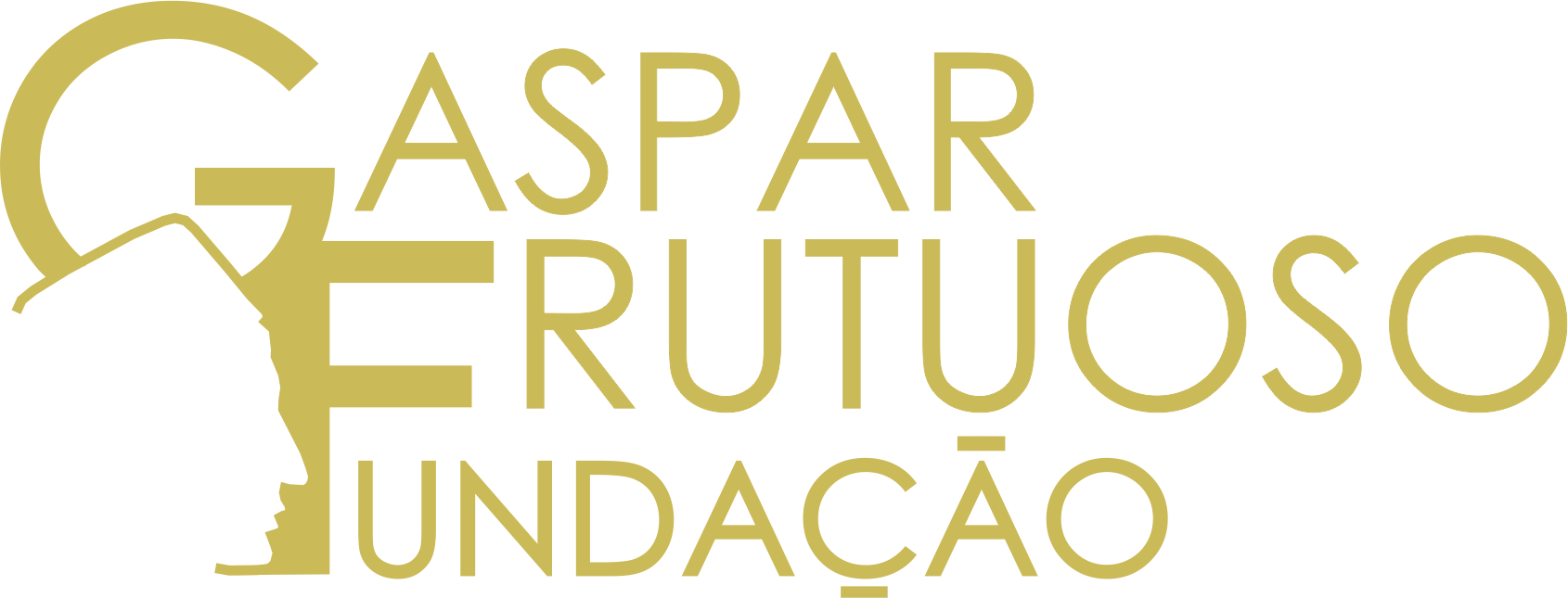| Acronym: | MACBIOPEST |
| Cost Center: | 939 |
| Operation Code: | MAC2/1.1a/289 |
| Title: | Development of botanical biopesticides that combine innovation with popular knowledge, generating a platform of innovation and excellence that promotes sustainable agriculture in Macaronesia" |
| Start-End: | 01-10-2019 - 31-12-2023 |
| Entidade Beneficiária Principal: | Fundação Gaspar Frutuoso |
| Gestores da FGF: | Fábio Sousa, Melissa Figueiredo |
| Responsible Researcher: | Maria do Carmo Roque Lino Felgueiras Barreto |
| Organic Units: | FCT - Faculdade de Ciências e Tecnologia |
| R&D Units: | GBA-cE3c - Grupo de Biodiversidade dos Açores |
| Entidade | Fundação Gaspar Frutuoso |
|---|---|
| Total Financing | 112.004,81 € |
Main Objectives:
The project is part of the strategic priority "Agriculture, Livestock and Agroindustry" of RIS3, called: Chapter AGR1, "Identify and promote innovative production systems that contribute to environmental efficiency and to the preservation of biodiversity. Explore the potential for use of regional resources that allow replacing imports to the Region; Identify new eco-products or eco-services, integrated into international value chains; chapter AGR2, "Investigate the unique properties of Azorean products, enhancers of differentiation international"; and AGR3, "Encouraging entrepreneurship and creating new businesses in the area of Agriculture, Livestock and Agroindustry."
Project Description:
The project aims to study the botanical resources of Macaronesia to obtain more potent, selective and environmentally friendly biopesticides. The project starts with a series of interviews with farmers about the traditional use of Macaronesian plants for this purpose (we already have some works in the Azores, more about medicinal uses). Based on this information, and on scientific data that complement it, it will be possible to select, collect and cultivate the most interesting Macaronesian plants for the control of agricultural and forestry pests. The extraction, optimization and characterization of two more efficient and selective extracts follows, including a battery of successful experiences in relation to the Pests that are considered to be the ones that most affect the economy of the three Regions. It also included workshops for farmers and others interested in applying the two results obtained.



